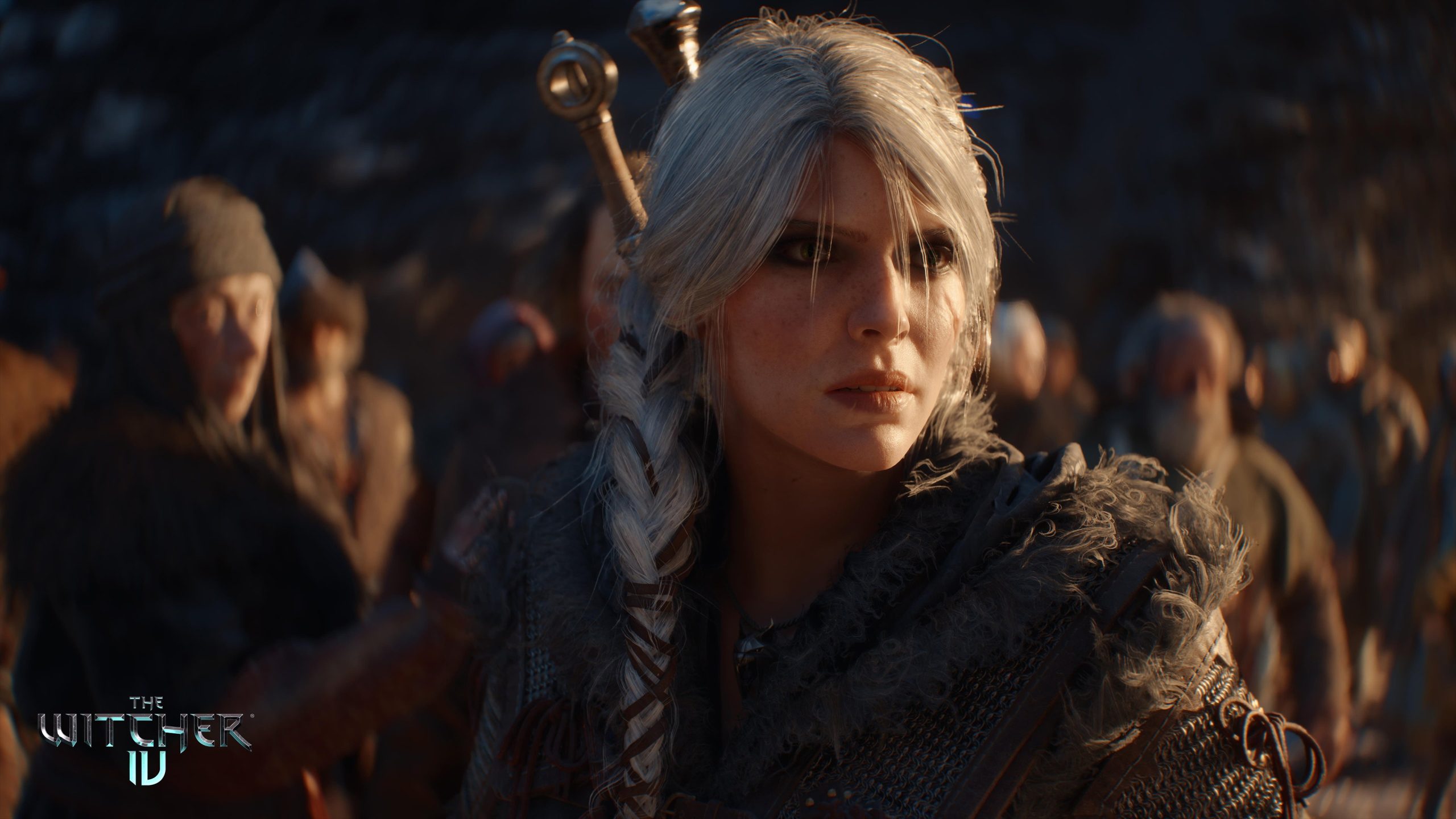The Witcher 4 is real, and it’s actually called The Witcher 4. It’ll star Ciri as the main protagonist, be another third-person action-RPG just like The Witcher 3, and Doug Cockle returns to voice Geralt of Rivia, who will indeed be present in the game in some form.
Ciri, as we can infer from the trailer, has passed the Trial of the Grasses to become a witcher, and she uses some magical powers that are beyond the signs of standard witchers like Geralt. And that, more or less, is about the sum of what we know for sure about The Witcher 4 so far, aside from some added pieces of context that can be pulled together from our previous CD Projekt Red interviews, about the studio’s continuing technical ambition and rough launch timeframes.
It makes for a nice setup for our chat this week with The Witcher 4’s game director, Sebastian Kalemba, and narrative director, Philipp Weber – albeit one with some quite tight restrictions on what exactly is on the table. There are all kinds of questions still hanging for fans. How long is this after the events of The Witcher 3, given Ciri’s seemingly more mature status in the trailer? Which ending was canon? How do you drop such a powerful character like Ciri into the early steps of an RPG? And can our current gen consoles run that trailer, given it was pre-rendered on a mysterious, “unannounced Nvidia GeForce RTX” graphics card still “using assets and models from the game itself”?
We were warned ahead of time that specific story, region, and gameplay details aren’t going to be talked about yet – but between the coyness and the careful wording, there are still a few new things we managed to learn. Below is a full transcript of our conversation, lightly edited for clarity.
So the first thing for me is: is there a single, canon ending to The Witcher 3 that you’re working from now? Obviously, there’s quite dramatically different endings available for Ciri in particular there…
Philipp Weber: So we can’t say yet how exactly we’re going to handle it. This is something that we want to reveal later. What I can say is that we really want to respect everything that came before, that being the books by Andrzej Sapkowski and all three Witcher games, and that of course, should also include some of the most important choices the player made there. But exactly how we, you know, reveal how we handle all of these things, this will be part of the story that we tell in Polaris so I think that we have to talk about how we do it a little bit later.
Can you talk about how many years after The Witcher 3 we are here? Obviously, Ciri looks a little bit older, so we can assume it’s a fair bit afterwards – can you say exactly how long?
Sebastian Kalemba: We cannot say exactly how long, but we can say ‘a few’ [years], that’s for sure. And yeah, I would keep it at that.
Weber: Yeah, a few years, basically.
Kalemba: A few years. [laughs]
A few years, okay. You mentioned Andrzej Sapkowski – what does his involvement look like with The Witcher 4? Do you speak with him directly, do you run things by him, or is it totally hands off?
Kalemba: Actually, he’s hands off. But, you know, he’s not [involved] in the form of a consultant or whatever, but we have a great relationship with him. So we meet with Andrzej Sapkowski from time to time, discuss things. But generally, there is a great trust between us when it comes to dealing with this world. And I believe we are perfectly calibrated when it comes to the framing.
